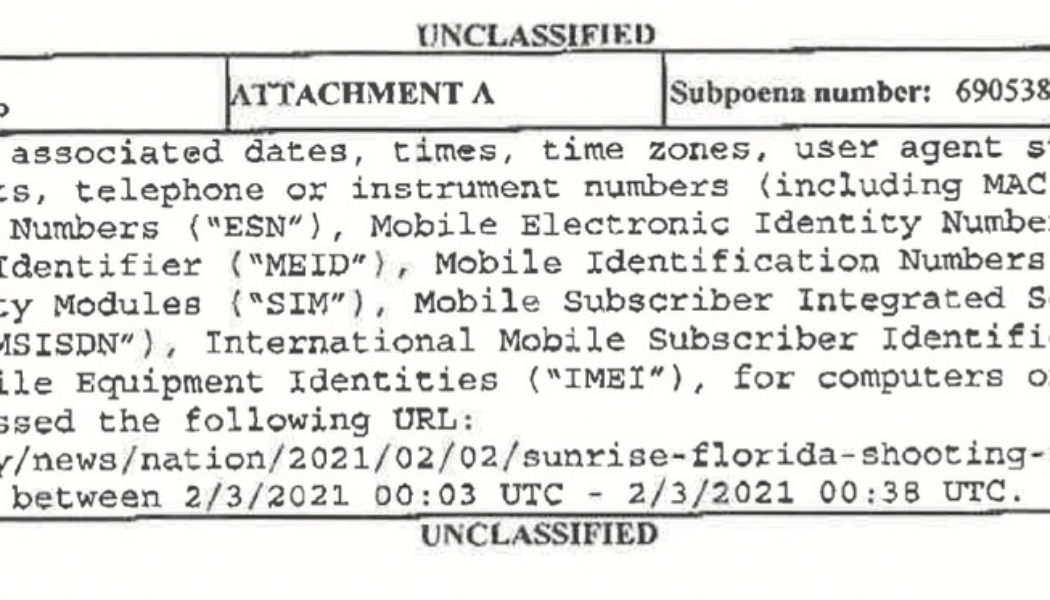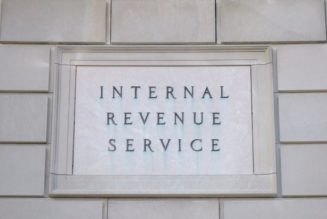The FBI is trying to get a list of IP addresses, phone numbers, and other information on people who read a USA Today article about the deaths of two of its agents (via Politico). The subpoena (PDF) says it relates to a criminal investigation, and is seeking the information of readers who accessed the article in a specific 35-minute timespan, but it’s unclear who or what the Bureau is trying to track down. USA Today is fighting back against handing over the information, calling the request unconstitutional.
“We were surprised to receive this subpoena particularly in light of President Biden’s recent statements in support of press freedom. The subpoena is also contrary to the Justice Department’s own guidelines concerning the narrow circumstances in which subpoenas can be issued to the news media,” USA Today publisher Maribel Perez Wadsworth said in a statement emailed to The Verge.
The article in question was one published on February 2nd, 2021, about a shootout that occurred when FBI agents tried to execute a search warrant in a child pornography case, resulting in the deaths of two FBI agents and the suspect. The subpoena, filled by an FBI special agent, requests a large amount of information about the devices that accessed the article from 7:03PM ET to 7:38PM ET on the evening it was published.
:no_upscale()/cdn.vox-cdn.com/uploads/chorus_asset/file/22638577/Screen_Shot_2021_06_04_at_4.09.17_PM.png)
It’s unclear why the request was made, given that the suspect described in the article was, by the time the article was published, reported to be dead. Whatever the FBI is looking for, USA Today says in its court filing (PDF) that the request violates the First Amendment, citing multiple rulings from previous cases where the government was not allowed access to similar records. It also argues that the FBI accessing the general records of who read a story could put a cooling effect on its journalistic efforts — as a Supreme Court Justice cited in the motion put it in 1953, the government asking for this kind of information can make people feel like someone is reading over their shoulder.
Perez Wadsworth said in the statement that USA Today’s attorneys attempted to contact the FBI before moving forward to fight the subpoena in court. “Despite these attempts, we never received any substantive reply nor any meaningful explanation of the asserted basis for the subpoena,” she said. “We intend to fight the subpoena’s demand for identifying information about individuals who viewed the USA TODAY news report. Being forced to tell the government who reads what on our websites is a clear violation of the First Amendment.”
She added that USA Today has asked the court to quash the subpoena “to protect the important relationship and trust between USA TODAY’s readers and our journalists.”










